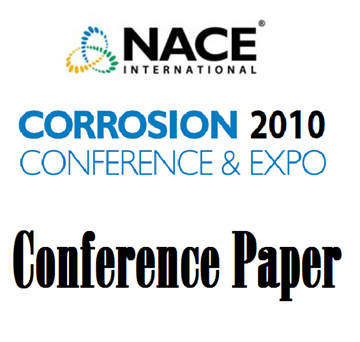Search
08051 Evaluation of Sacrificial Anode Backfill Material
Also Purchased
51314-4000-Improved CP Anode Bed Performance Using A Conductive Cement Backfill Material
Product Number:
51314-4000-SG
ISBN:
4000 2014 CP
Publication Date:
2014
$20.00
51315-5647-Study on the Performance of Magnesium Sacrificial Anode
Product Number:
51315-5647-SG
ISBN:
5647 2015 CP
Publication Date:
2015
$20.00
10025 Remoteness of Impressed Current Anode Ground Beds
Product Number:
51300-10025-SG
ISBN:
10025 2010 CP
Publication Date:
2010
$20.00
Recently viewed




